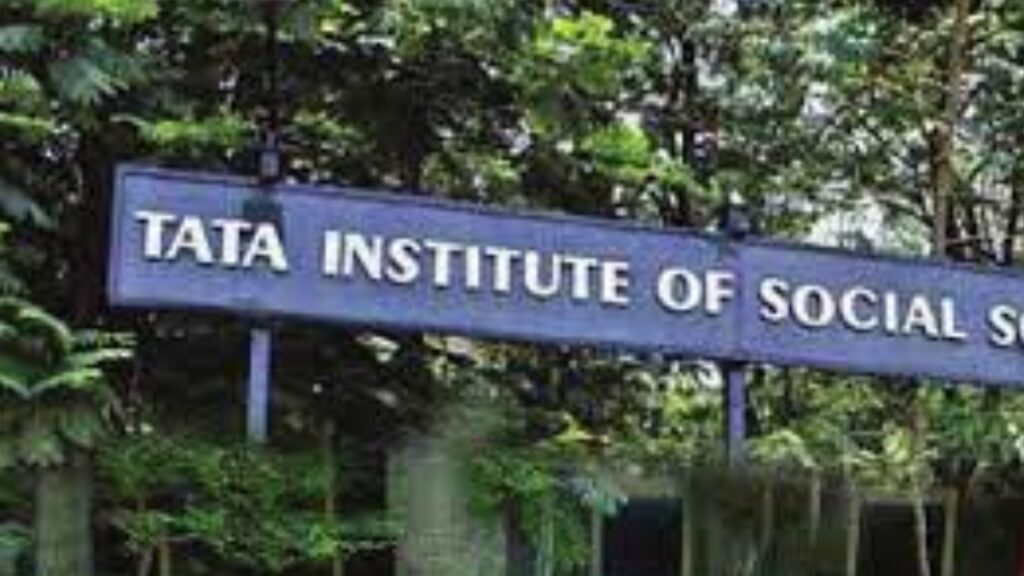
In a significant turnaround, the Tata Institute of Social Sciences (TISS) has withdrawn notices terminating the contracts of 55 teaching and 60 non-teaching staff across its campuses in Mumbai, Tuljapur, Hyderabad, and Guwahati. The decision came following assurances from the Tata Education Trust (TET) regarding funding support.
Initially set to end today, the contracts were saved after ongoing discussions with TET ensured the availability of resources to TISS for resolving the financial issue. A circular issued by TISS announced the withdrawal of the termination notices, instructing the affected staff to continue their work.
“These 55 faculty and 60 non-teaching staff were appointed under programmes funded by the Tata Education Trust on a contractual basis,” stated the circular, underscoring the temporary nature of their employment tied to specific program periods.
The controversy erupted when TISS administration’s decision to not renew these contracts drew sharp criticism from student bodies and fellow faculty members. Allegations of mismanagement and failure to anticipate funding delays were raised, particularly concerning the timely renewal of grants crucial for sustaining faculty positions.
Faculty members expressed frustration over the sudden nature of the termination notices, highlighting that similar situations had been managed differently in the past without formal termination letters being issued.
“This incident reflects a complete failure of the current TISS administration in managing the institute effectively,” remarked the Progressive Students Forum, linking the episode to broader criticisms of governmental oversight and recent administrative decisions in the education sector.
TISS, known for its academic and research contributions in social sciences, remains pivotal in addressing societal issues through education and scholarship. The institute’s decision to reverse the termination notices marks a critical step in maintaining stability amidst ongoing challenges in higher education funding.
As the situation unfolds, stakeholders continue to advocate for sustained dialogue and proactive measures to ensure the continuity of academic operations without disruptions caused by financial uncertainties.
Sources By Agencies




